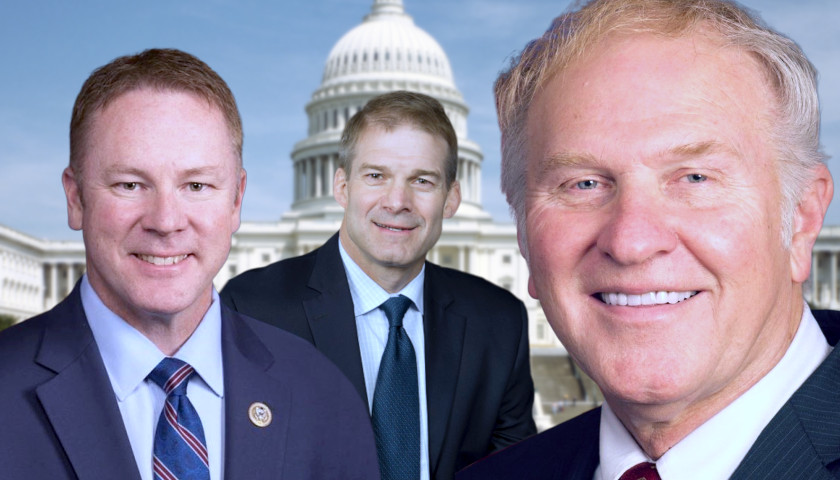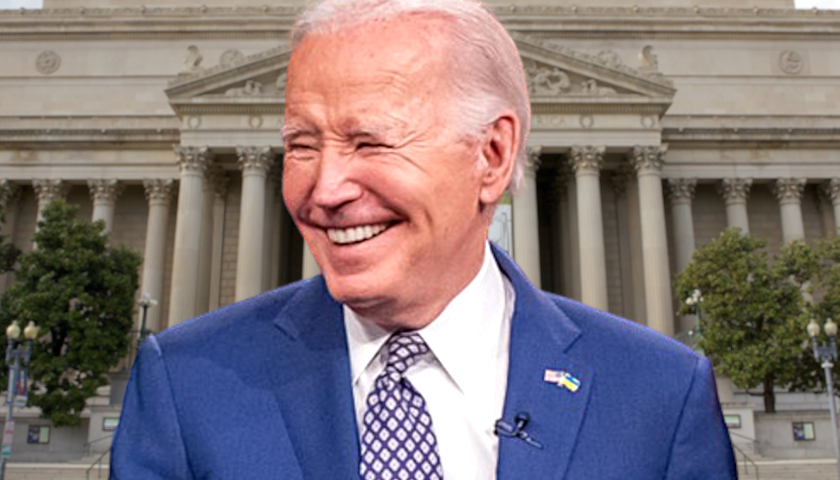In a new digital ad and mail campaign, Americans for Prosperity of Ohio (AFP-OH) is publicly thanking Congressmen Steve Chabot (R-01-OH), Jim Jordan (R-04-OH) and Warren Davidson (R-08-OH) for voting against the Bipartisan Budget Act of 2019.
“We are proud to have principled lawmakers like Representatives Chabot, Davidson and Jordan representing Ohio’s best interests in Washington,” the group’s State Director Micah Derry said in a statement. “Our activists applaud their efforts to rein in reckless spending and hope other lawmakers will take their lead.”
The ads say, “The recent budget deal in Congress will push us closer to crisis … Crisis budgeting at its worst. A less prosperous future for our children.”
They note three key issues:
- Nearly $2 trillion deeper in debt
- Fewer checks on reckless spending
- A path to the “worst case” spending scenario
On the fiscal activists’ legislative agenda are 12 “must-pass” appropriations bills. AFP-OH and grassroots activists are urging Congress to halt excess spending and reject policies such as tax-extenders and the reauthorization of the Export-Import Bank they say are harmful to the American economy. This comes on the heels of AFP’s “Unrig the Economy” campaign that specifically targeted “reckless spending.”
“Ohioans are watching closely as our Congressional Delegation returns to Washington and gets to work on these must-pass appropriations bills,” Derry said.
One of the sources AFP-OH cites in their messaging urging fiscal discipline is the Committee for a Responsible Federal Budget (CRFB). On the Committee’s blog, they note:
Under current law, caps on discretionary spending are scheduled to fall from $1.244 trillion in 2019 to $1.119 trillion in 2020 (they were $1.07 trillion in 2017). This agreement [deal between Congress and the President to avoid potential debt default and stop triggered spending cuts] would avert that drop by increasing the 2020 cap by $169 billion, to $1.288 trillion, and would also increase the 2021 cap by $153 billion, to $1.298 trillion. As a result, the direct cost of the cap increases would be $320 billion.

As seen in the graph above, the Committee explains, “a two-year caps deal entails future costs because there are currently no caps on discretionary spending after 2021.”
The CRFB continue:
By convention, the Congressional Budget Office (CBO) assumes that uncapped discretionary spending grows with inflation, so increasing the 2021 cap raises the level at which that spending would grow from, building in higher spending in future years as well. As a result, the two years of cap increases will actually raise spending by $1.7 trillion over ten years.
The House of Representatives is set to return from their summer recess September 9.
– – –





